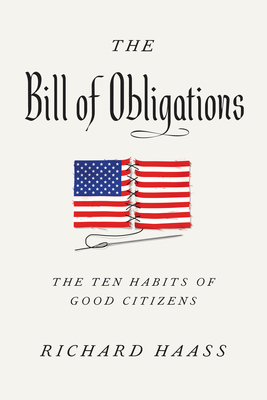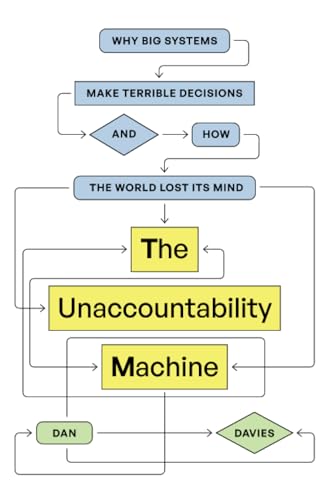
Who Is Government? The Untold Story of Public Service
Book Description
Who holds the keys to power? In "Who Is Government? The Untold Story of Public Service," Michael Lewis unveils the gripping world of those who shape our lives from behind the curtain. Through riveting tales of unsung heroes and bureaucratic battles, the narrative challenges perceptions of public service and shines a light on the individuals driving change in a flawed system. Each chapter reveals a fresh twist on loyalty, ambition, and the quest for a better tomorrow. As the lines blur between accountability and chaos, one question remains: what if the real heroes of democracy are the ones we overlook every day?
Quick Book Summary
"Who Is Government? The Untold Story of Public Service" by Michael Lewis delves into the often invisible world of the civil servants, analysts, and field workers who quietly direct the machinery of democracy. Through poignant stories and investigative narrative, Lewis spotlights the dedication and challenges faced by these unsung heroes, pushing against stereotypes of bureaucratic inertia. The book combines vivid profiles of individuals with reflections on the broader systems at play, examining how public service is simultaneously undermined and essential. By breaking down the layers of bureaucracy and introducing readers to the real people within, Lewis reframes what it means to serve the public good—and who truly holds power in a complicated, frequently misunderstood government system.
Summary of Key Ideas
Table of Contents
The Invisible Architects of Democracy
Michael Lewis opens his investigation with a series of profiles, each bringing to life the so-called faceless cogs powering our government. These vignettes dismantle the caricature of the slow, uncaring bureaucrat, instead showing people driven by an acute sense of mission: a field epidemiologist racing to stop a viral outbreak, a budget analyst fighting for funding against political tides, and a regulatory watchdog pushing for consumer protections. Their stories challenge us to reconsider who shapes public policy and at what personal cost.
Navigating Bureaucratic Complexity
Beyond individual stories, Lewis explores the tangled systems and convoluted hierarchies that define public administration. He demystifies the labyrinthine rules and procedures, illustrating how these complexities both safeguard against abuse and stifle innovation. Through memorable anecdotes—such as a major crisis averted due to one diligent, unnoticed employee—Lewis reveals how bureaucratic structures can either support or hinder the very purpose they were designed to fulfill.
Ethics, Loyalty, and Sacrifice in Public Service
Central to the book is the question of motives: what inspires civil servants to persist amid apathy or outright hostility from the public and politicians alike? Lewis highlights ethical dilemmas—leaks, whistleblowing, and loyalty—showing how the line between right and wrong blurs in the high-stakes world of public service. Heroes emerge not because they seek the limelight but because of steadfast commitment to their roles, sometimes at the expense of career, reputation, or personal safety.
Systemic Flaws and Silent Resilience
Lewis also addresses the systemic flaws that threaten government effectiveness: political turnover, underfunding, and public cynicism. Yet amid these challenges, he uncovers a quiet resilience—a culture of practical idealism embedded within government ranks. Through times of crisis and routine, public servants adapt, improvise, and find creative ways to deliver on their promises, even in the face of immense obstacles.
Redefining Heroes of Democracy
Ultimately, "Who Is Government?" reframes our understanding of where true power and heroism lie in a democracy. The book presses readers to look beyond visible leadership and consider the everyday acts—often unnoticed—that sustain the public good. By giving voice to those operating behind the scenes, Lewis delivers both a critique of systemic dysfunction and a celebration of the people who make government work, inviting us to recognize the stakes involved in how we view, support, and engage with our public institutions.
Download This Summary
Get a free PDF of this summary instantly — no email required.





